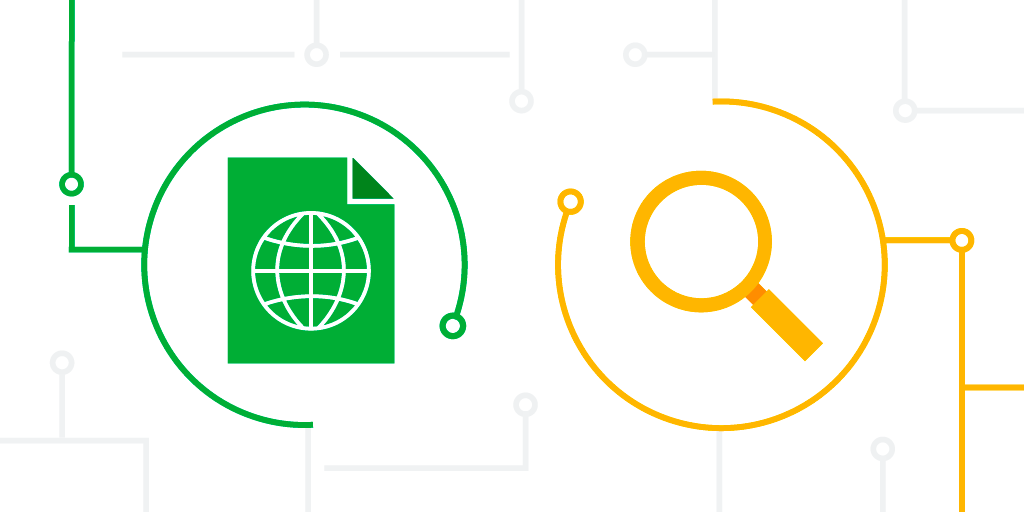
Many open-source projects at Google use Rust, a modern systems language designed for building reliable and efficient software. Google has been investing in the Rust community for a long time; we helped found the Rust Foundation, many Googlers work on upstream Rust as part of their job, and we financially support key Rust projects. Today, we're continuing our commitment to the open-source Rust community by aggregating and publishing audits for Rust crates that we use in open-source Google projects.
Rust makes it easy to encapsulate and share code in crates, which are reusable software components that are like packages in other languages. We embrace the broad ecosystem of open-source Rust crates, both by leveraging crates written outside of Google and by publishing several of our own.
All third-party code carries an element of risk. Before a project starts using a new crate, members usually perform a thorough audit to measure it against their standards for security, correctness, testing, and more. We end up using many of the same dependencies across our open-source projects, which can result in duplicated effort when several different projects audit the same crate. To de-duplicate that work, we've started sharing our audits across our projects. Now, we're excited to join other organizations in sharing them with the broader open-source community.
Our crate audits are continually aggregated and published on GitHub under our supply-chain repository. They work with cargo vet to mechanically verify that:
- a human has audited all of our dependencies and recorded their relevant properties, and
- those properties satisfy the requirements for the current project
You can easily import audits done by Googlers into your own projects that attest to the properties of many open-source Rust crates. Then, equipped with this data, you can decide whether crates meet the security, correctness, and testing requirements for your projects. Cargo vet has strong support for incrementally vetting your dependencies, so it's easy to introduce to existing projects.
Different use cases have different requirements, and cargo vet allows you to independently configure the requirements for each of your dependencies. It may be suitable to only check a local development tool for actively malicious code – making sure it doesn't violate privacy, exfiltrate data, or install malware. But code deployed to users usually needs to meet a much stricter set of requirements – making sure it won't introduce memory safety issues, uses up-to-date cryptography, and conforms to its standards and specifications. When consuming and sharing audits, it’s important to consider how your project’s requirements relate to the facts recorded during an audit.
We hope that by sharing our work with the open-source community, we can make the Rust ecosystem even safer and more secure for everyone. ChromeOS and Fuchsia have already begun performing and publishing their audits in the above-mentioned supply-chain repository, and other Google open-source projects are set to join them soon. As more projects participate and we work through our collective audit backlog, our audits will grow to provide even more value and coverage. We're still early on in performing and sharing our audits through cargo vet, and the tool is still under active development. The details are likely to change over time, and we're excited to evolve and improve our processes and tooling as they do. We hope you'll find value in the work Googlers have done, and join us in building a safer and more secure Rust ecosystem.
By David Koloski, Fuchsia and George Burgess, Chrome OS
